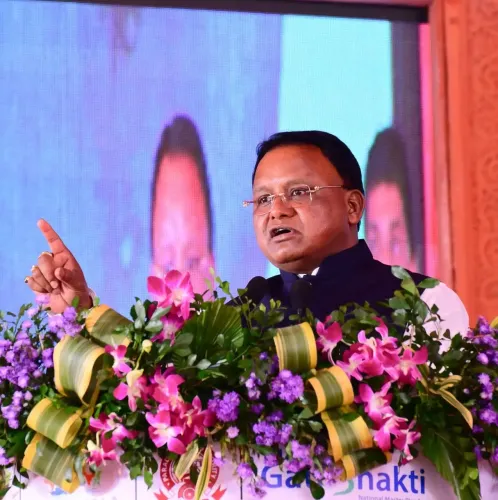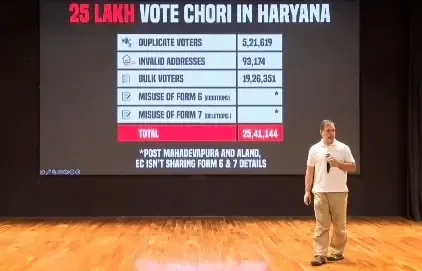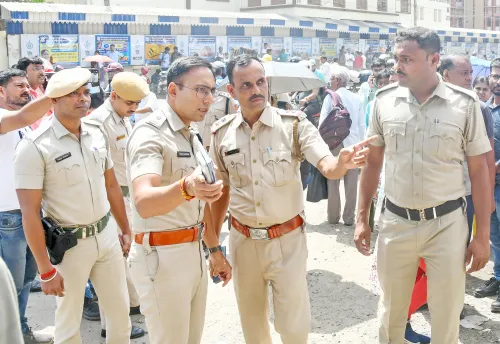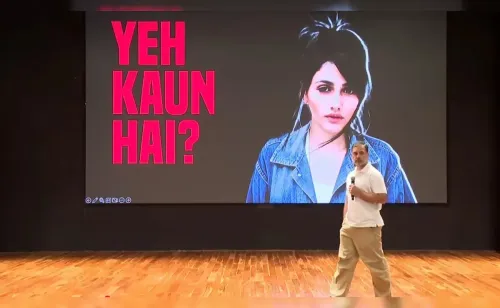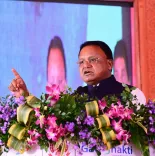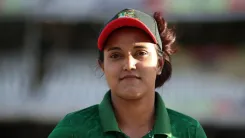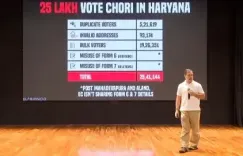K. Annamalai Critiques TN Government’s Stance on Union's Trilingual Education Policy
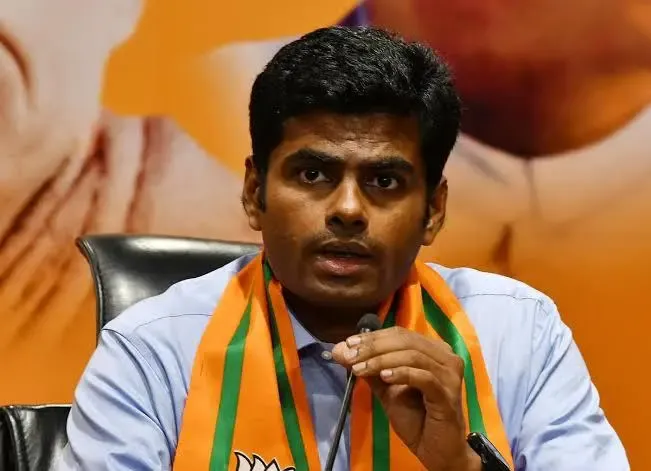
Synopsis
Key Takeaways
- K. Annamalai criticizes TN government’s stance.
- Private schools follow a trilingual curriculum.
- Emphasis on the need for multilingual skills.
- Stalin questions legality of the trilingual policy.
- Concerns over federalism and state rights.
Chennai, Feb 16 (NationPress) The President of Tamil Nadu BJP, K. Annamalai, has vehemently criticised Chief Minister M.K. Stalin and the state administration for their opposition to the Union government’s trilingual education initiative.
This critique follows Stalin’s recent disparagement of the policy and his direct challenge to Union Education Minister Dharmendra Pradhan.
In a social media post, Annamalai raised questions about the rationale behind the DMK-led government’s objection, drawing attention to the fact that private institutions, including those affiliated with CBSE and even some operated by the DMK, implement a trilingual curriculum that encompasses Tamil, English, and a third Indian language.
“If private schools, where the children and grandchildren of Tamil Nadu ministers, including the Chief Minister, are educated, can adopt trilingualism, why can’t government schools, where our children attend, do the same?” Annamalai questioned.
The BJP leader further challenged whether Stalin suggested that acquiring multiple languages should be an exclusive privilege of those able to afford private education. He underscored the increasing necessity for multilingual skills in today’s rapidly changing world.
“It’s 2025, and the world is advancing swiftly. Why impose an antiquated policy from the 1960s on Tamil Nadu’s youth?” he remarked, alluding to Stalin’s prior comments against the policy.
Earlier that day, Stalin had used social media to confront Union Education Minister Dharmendra Pradhan, asking: “Can the Education Minister clarify which segment of the Indian Constitution mandates the trilingual policy?” His comments were a reaction to Pradhan’s claim that the Tamil Nadu government was politicising its response to the National Education Policy (NEP) 2020.
Stalin asserted that education is a subject included in the Concurrent List of the Indian Constitution, thereby signifying shared authority between the Union and state governments. He contended that the Union government cannot assert exclusive dominion over educational policies and reaffirmed the significance of federalism in governance.
“India is a union of states, and education is within the Concurrent List. The Union government cannot impose its resolutions unilaterally,” Stalin stated. The Chief Minister also condemned what he termed “political blackmail” by the central government, referencing reports that Tamil Nadu could face financial consequences if it declined to implement the trilingual policy.
“Tamils will not tolerate such audacity. To insinuate that funds will be withheld unless Tamil Nadu accepts the trilingual policy is sheer intimidation,” he declared. Stalin reiterated that Tamil Nadu does not seek any special privileges but is simply asserting its constitutional rights.
He cautioned that any efforts by the Union government to enforce policies contrary to the state’s interests would encounter robust opposition.

